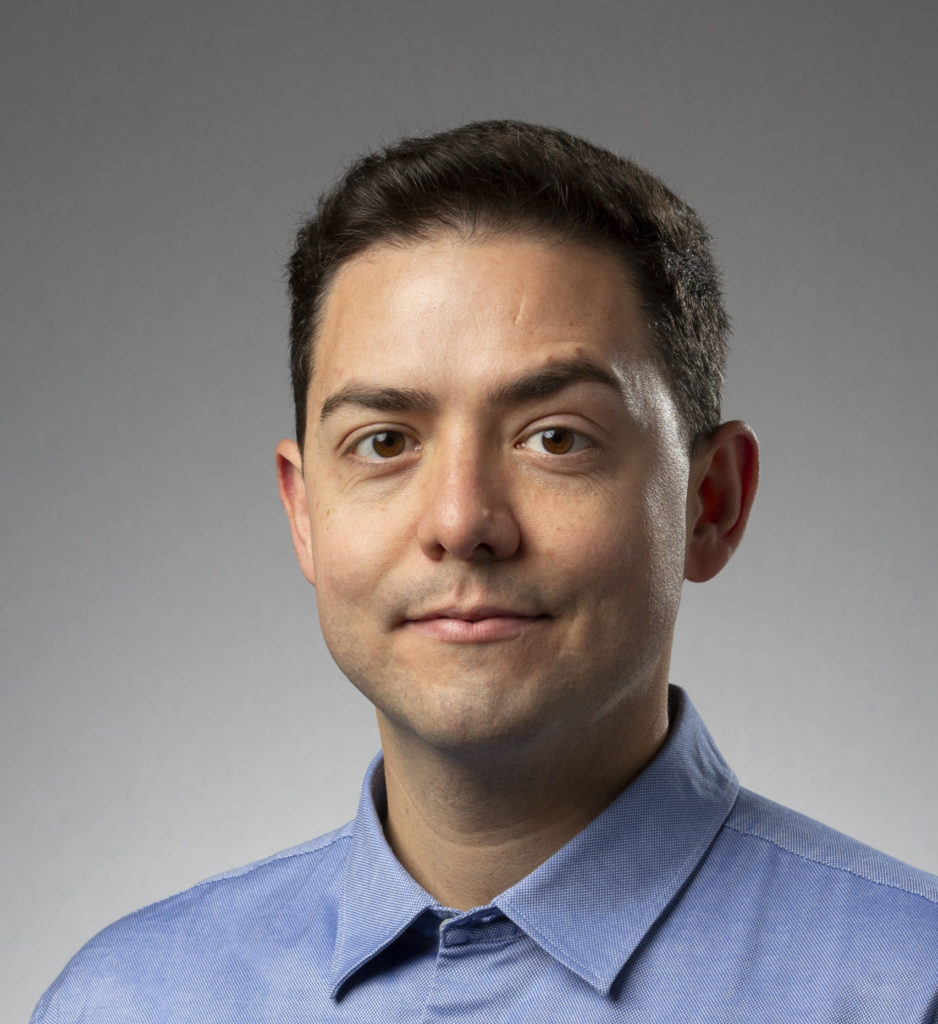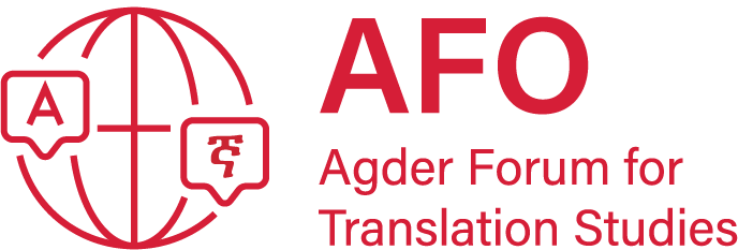

If you would like to spend a period of time conducting research at UiA, contact a member of our research group.

In December 2024, Xinyuan Liu came to Kristiansand as a visiting PhD student from Shanghai International Studies University, China. She holds a BA in Translation and Interpreting from China West Normal University, China, and an MA in Translation Studies from Guangdong University of Foreign Studies, China. Her research interests include empirical approaches to translator and interpreter education, validation of translation and interpreting competence assessment, and translation and interpreting process research.
Her PhD research project explores the effects of multiple task technological and individual features of translator-computer interaction modes on textual coherence quality in natural computer-assisted translation environments. Her theoretical framework gets insights from the Default Translation Hypothesis from Cognitive Translation Studies and other theoretical bases from discourse analysis and cognitive psychology. Both quantitative and qualitative data were collected by an eye-tracking experiment, corpus, questionnaires, video recordings, quality assessment, translation logs and video reflections.
During her one-year stay at UiA, Xinyuan was supervised by Prof. Sandra Halverson. They explored the methodological reflections on different data collection methods and theoretical contributions of Xinyuan’s dissertation. They collaborated on one manuscript that submitted to a journal and one poster presentation at the international conference Using corpora in contrastive and translation studies (UCCTS) in September and discussed how the Default Translation Hypothesis provides new perspectives in her research.

In early 2023, we welcomed David Špetla, a PhD student from Masaryk University, Czech Republic visiting Kristiansand for a month-long research stay. He holds an MA in English-language Translation and a BA in Japanese Language and Culture, both from Masaryk University.
David’s research addresses the patterns of under- and over-representation of linguistic items found in translations in comparison with non-translated texts. Having adopted the Gravitational Pull Model as the explanatory framework, he theorizes about certain features of the model, such as the nature of salience and its relation to frequency, and seeks to develop more methods of testing it. As a testing ground, he has been using the schematic network of the Czech polysemous lexical unit jako, which figures as the standard of comparison marker in equative and similative constructions.

In 2022, Antonio Morata came to Kristiansand as a visiting PhD student from Aarhus University, Denmark. He holds a BA Translation and Interpreting from Universitat Autònoma de Barcelona, Spain, and an MA in Linguistics from Aarhus University, Denmark.
His research project explores how typological contrasts between Spanish and Danish in the domain of motion events impact translation. It lies in the intersection between linguistics and translation studies, and combines theoretical and methodological insights from semantic typology, cognitive linguistics, psycholinguistics (with a focus on monolingual and bilingual processing), contrastive linguistics (mainly Romance and Germanic languages), experimental methods, cognitive translation studies, and sight translation.
In his research, Antonio explores how a series of caused motion events are conceptualized and verbalized in Spanish and Danish by conducting online, video-based speech elicitation tasks under time pressure with L1 speakers of each of my working languages.
During his stay at UiA, Antonio was supervised by Prof. Sandra Halverson. They explored the implications of his methodological choices and the limitations of his experimental settings; they worked together through theoretical approaches to translation and discussed how concepts and constructs from cognitive linguistics and cognitive translation studies apply in his research.
